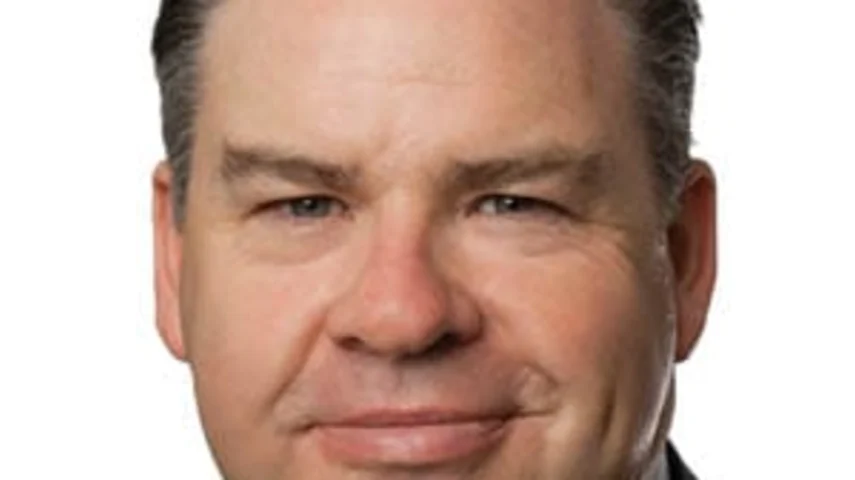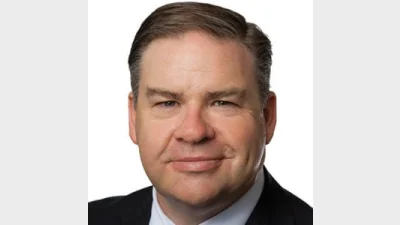Healthcare property gets demographic boost



Self-managed super fund (SMSF) trustees should not over-invest in residential property at the expense of other property sectors — particularly healthcare, said Chris Smith, head of healthcare and retirement property at Australian Unity.
As investors moved money out of cash and back into equities, a better rebalancing would also include a selection of property sectors for growth and defensive reasons, Smith said.
Healthcare had good long-term attributes including excellent returns at 11 per cent annualised for the year ending December 2012.
"The healthcare sector has outperformed all other property on a one, three and five-year basis, driven primarily by strong returns," Smith said.
An ageing population would bolster occupancy and new builds, he said.
"At one time, people didn't survive a heart attack, or had only one hip replacement during their lifetime," he said.
"Now they survive a heart attack or have multiple hip replacements, and may need ongoing monitoring, post-operative rehabilitation, care and treatment for many years."
Smith said investors, and particularly SMSFs, needed to understand there was more to property than the residential sector.
"Generally speaking Australians are over-exposed to residential property, especially those that own an investment property as well as their home," he said.
"Such investors are vulnerable in that they are overweight to residential property at the expense of other property sectors which are performing much better."
Now is a good time to invest in broad-based property portfolios through property funds, according to Smith.
Recommended for you
VanEck is expanding its fixed income range with a new ETF this week to complement its existing subordinated debt strategy which has received $1 billion in inflows this year.
Specialist global equities manager Nanuk has celebrated 10 years of its flagship New World Fund and is actively considering its next possible vehicle.
Australian equities manager Datt Capital has built a retail-friendly version of its small-cap strategy for advisers, previously only available for wholesale investors.
The dominance of passive funds is having a knock-on effect on Australia’s M&A environment by creating a less responsive shareholder base, according to law firm Minter Ellison.











